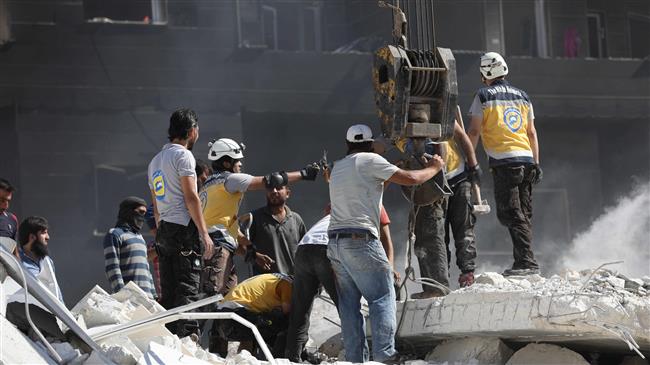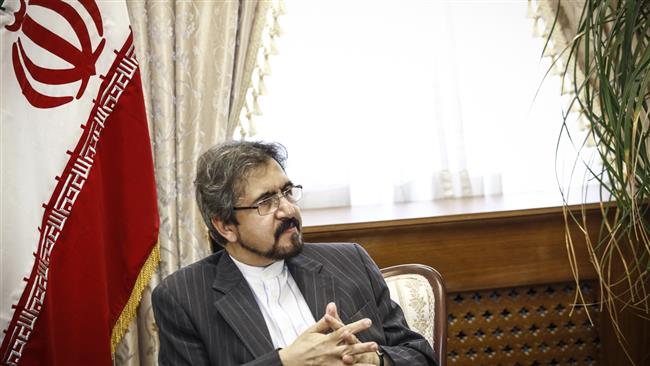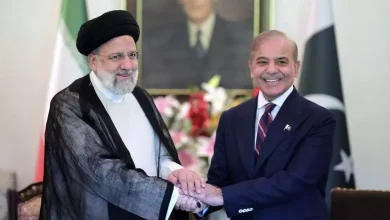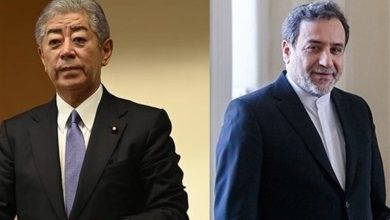Foreign specialists planning chemical attack in Syria


Russia says that “foreign specialists” have arrived in Syria and are planning to stage a chlorine attack which they will blame on the government of Syrian President Bashar Assad.
Russian Defense Ministry Spokesman Major General Igor Konashenkovon Sunday said that the attack will target the village of Kafr Zita in the northwestern Hama province in “the next two days.”
“According to the information that the Russian Reconciliation Center for Syria received today from the residents of the Idlib, foreign (English-speaking) experts arrived in the Hbit settlement located in the south of the Idlib zone of de-escalation for staging a ‘chemical attack’ using chlorine-loaded missiles,” he said.
Noting that the staged incident will be filmed, Konashenkov said that the foreign agents are in place and that a group of residents from the north have been relocated to Kafr Zita to take part in the attack.
“Thus, the interested extra-regional forces are once again preparing major provocations in Syria using poisonous substances to severely destabilize the situation and disrupt the steady dynamics of the ongoing peace process,” he added.
On Saturday, Konashenkov had said that a group of militants, who were trained by a private British military company to work with poisonous materials, had already arrived in Syria’s northwestern Idlib Province.
“To carry out the alleged ‘chemical attack’ in the city of Jisr al-Shughur in the province of Idlib, militants from the Tahrir al-Sham group had delivered 8 tankers with chlorine… to a village a few kilometers from Jisr al-Shughur,” Konashenkov said.
On April 14, the US, Britain and France launched a coordinated missile attack against sites and research facilities near Damascus and Homs with the purported goal of paralyzing the Syrian government’s capability to produce chemicals.
The strike came one week after an alleged gas attack on the Damascus suburb town of Douma.
Syria surrendered its entire chemical stockpile in 2013 to a mission led by the Organization for the Prohibition of Chemical Weapons (OPCW) and the UN.





